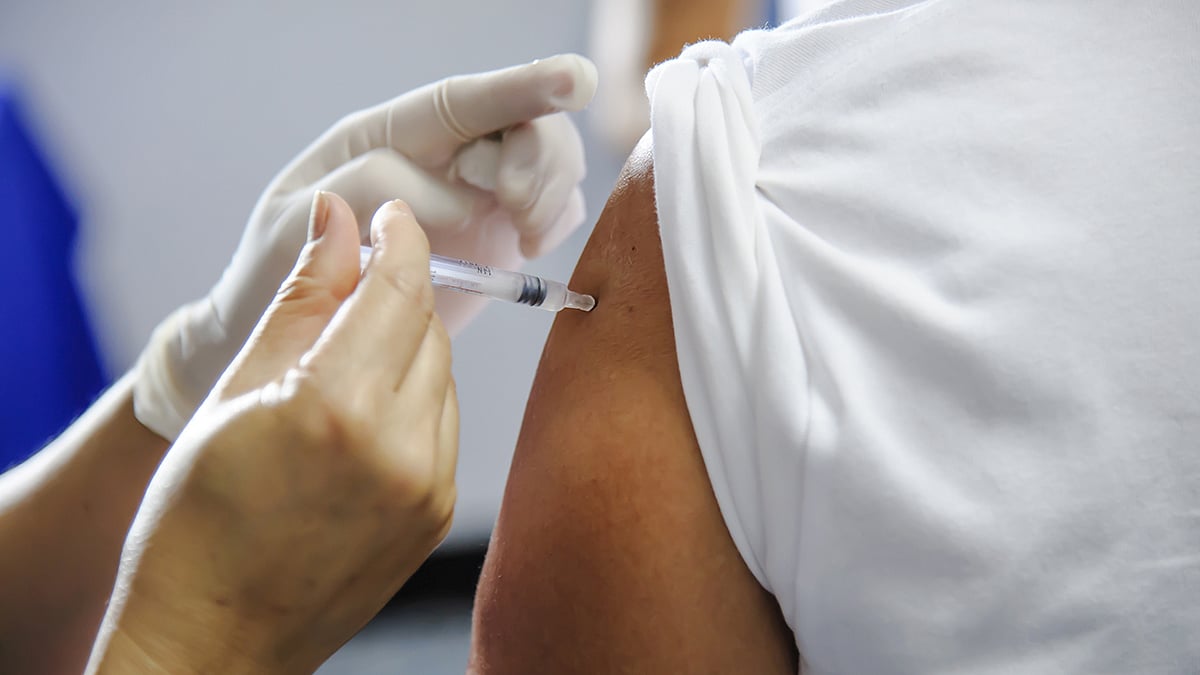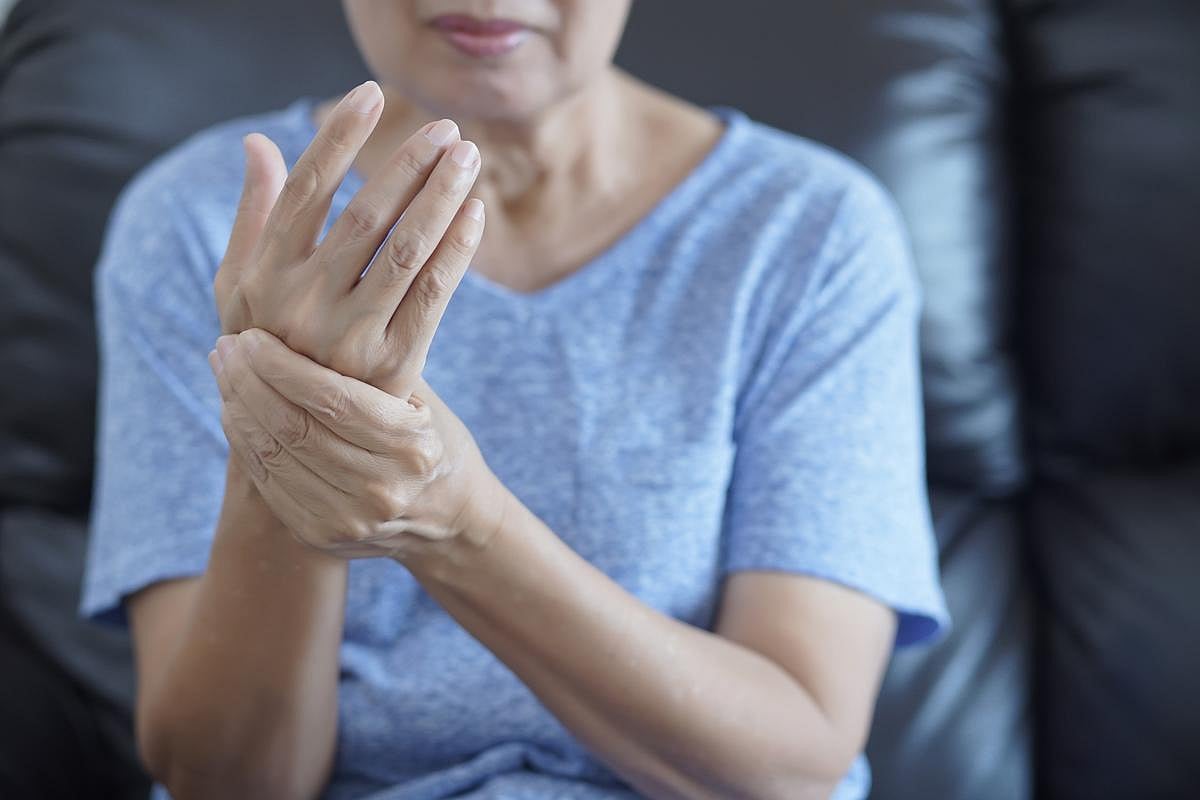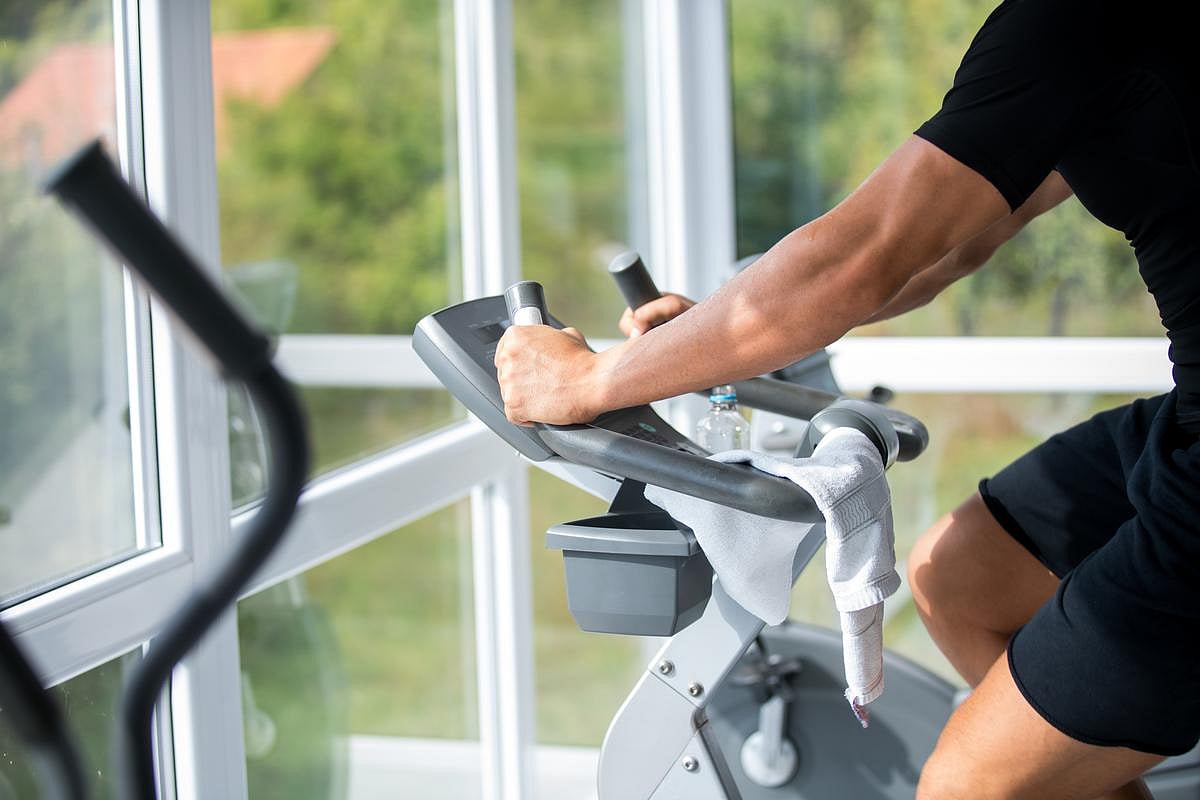
The U.S. Centers for Disease Control and Prevention (CDC) is preparing to study whether vaccines are linked to autism — despite overwhelming scientific evidence showing no connection. The study request came from Trump administration officials, according to sources familiar with the plan. Both President Donald Trump and Health and Human Services Secretary (HHS) Robert F.… read on > read on >






























